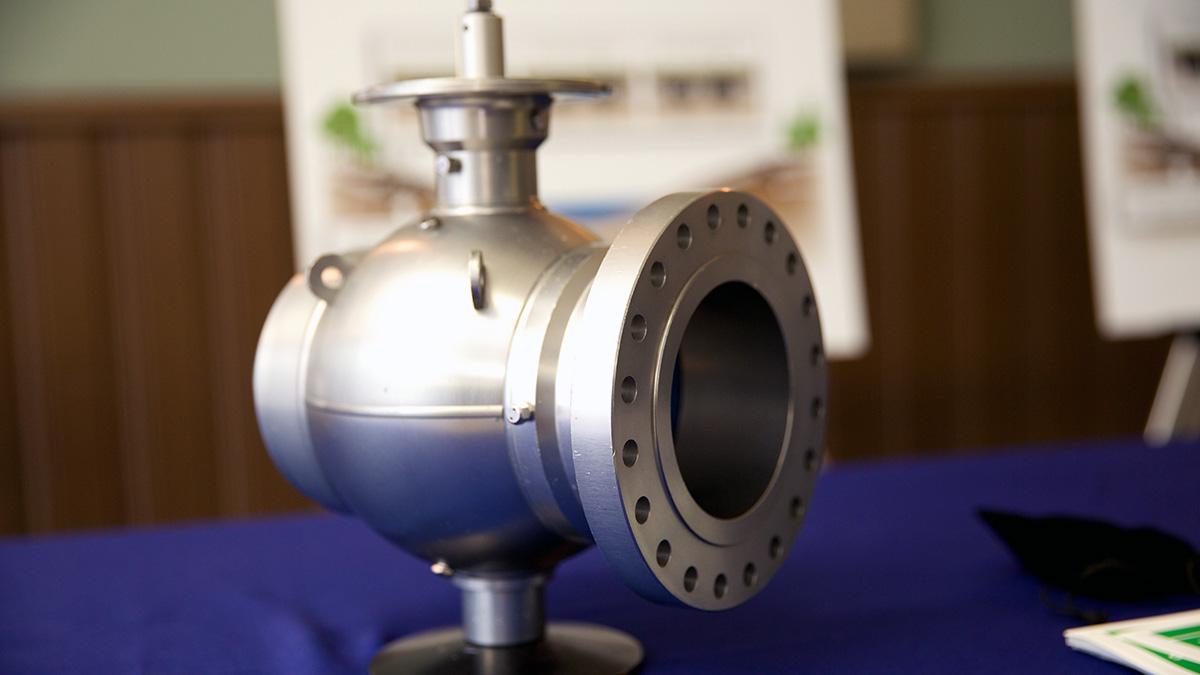
Why shut-off valves matter to your safety
There are tens of thousands of valves spanning TC Energy’s oil and natural gas pipeline network across North America. Hundreds of thousands if you count the little ones. These valves are carefully maintained and inspected to keep our pipelines working safely and smoothly.
But how do they work, and why do they matter?
Controlling the flow
Pipeline shut-off valves perform a similar function to the valves that control the water supply from your kitchen sink. If you needed to rinse something off your hands, and you went to turn your kitchen tap on, and it wouldn’t turn, that could be a real problem. Shut-off valves are similar. They open or close, turning on or off the flow within the pipeline.
If something happens along a pipeline, we go into emergency shut down. If an incident were to take place at a natural gas compressor station or oil pump station, the area has to be isolated. The valves that connect the station to the pipeline all have to close, and other valves have to open allowing the product to bypass the station.
Valves are an important element to the safe operation of a pipeline. Each valve is incorporated into the control system to ensure safe operation. They must be able to open or close within minutes, and sometimes even seconds.
Valves get a helping hand
On gas pipeline systems, many valves are designed to automatically close or open, especially during a pipeline emergency. These valves are controlled by complex machines called actuators. Actuators are used on the largest shut-off valves, the ones too large and heavy to be operated by hand, or those that need to work automatically without a technician present.
When the actuator gets the signal, either from a drop or increase in pressure or from our 24-hour operations control centre, they are able to open or close a valve as quickly as necessary.
Other factors at play
Numerous things go into the safe and reliable performance of shut-off valves. Experts carefully manage their locations, placing them strategically along pipeline routes to help protect environmentally sensitive areas, such as large bodies of water, or more frequently in higher population areas.
Elevation and terrain are very important considerations for oil pipelines because oil is a liquid and is affected by gravity, so it builds pressure when flowing downhill. To accommodate and calculate the pressure in the line, oil pipelines rely on sensors to transmit information to company control centres.
Conversely, gas pipelines are not affected by gravity. This means valves are strategically placed to minimize the volumes of gas released when a line is depressurized.
There’s a whole lot that goes into the integrity and maintenance of valves. We make sure that when our valve technicians leave their activities for the day, they have confidence that if this valve is called upon to open or close right now, it will do that. The safety and reliability of our pipelines depend on it.
This careful maintenance and strategic planning of valves is just one of the ways TC Energy remains dedicated to our goal of zero incidents.